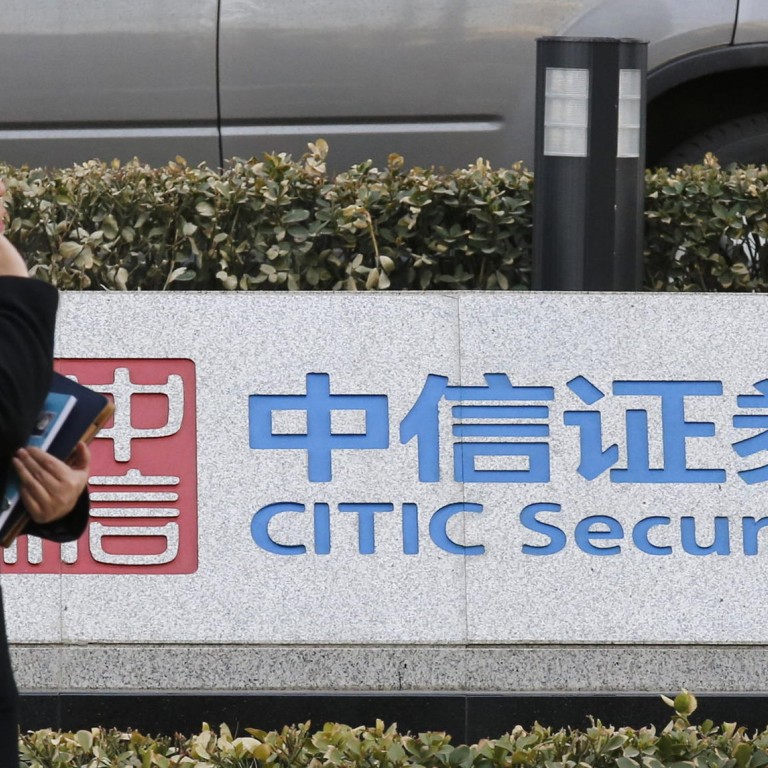
Analysis | How did international banks miss Citic Pacific's US$36 billion takeover deal?
Foreign bankers jealous of Citic's takeover of HK subsidiary, having been left out of the deal because of its size and political sensitivity
Jealous. This is the word many Western bankers in Hong Kong will use when they talk about the mega-sized reverse takeover deal of Citic, one of the most important state-owned industrial giants on the mainland.
Why jealous? It took Citic, led by chairman Chang Zhenming, just six months to finalise the plan to let its Hong Kong-listed subsidiary Citic Pacific acquire its assets in a deal valued at about US$36 billion.
The only help that senior executives at Citic received was from a small team of Beijing-based merger and acquisition specialists - fewer than 10 people - at subsidiary Citic Securities, the largest securities house on the mainland, said people familiar with the situation.
"First, it's obviously a very big deal so how to make sure the information won't be leaked is very important. We trust our own people of course," said one of the people.
This is related to … reform so it’s more sensitive and complicated
"Second, this is related to state-owned enterprise reform so it's more sensitive and complicated than purely a merger and acquisition deal.
"There're a lot of opinions and feedback from the top leaders and regulators so if we can just get our own [Chinese] bankers to do it, that will be good enough."
Before the deal was announced last week, various parties including the powerful National Development and Reform Commission, the nation's top economic planner and reform driver, and the China Securities Regulatory Commission were consulted.
It was eventually up to the State Council, to give the final nod, said the source, explaining why foreign banks were not involved in the politically sensitive decision.
Beijing has been increasingly concerned about foreign banks' roles in economic reforms, especially in the mainland's financial industry development because it is considered strategically important for national security.
Such concerns came to the fore after the banking industry reforms, which first started in 2003.
For the past decade, many foreign banks such as Goldman Sachs and Citigroup had poured money into mainland banks - at very low cost initially - and then obtained sponsor roles to help the banks go public so they could charge big advisory fees.
Now, home-grown financial institutions such as Citic Securities are more confident about handling complicated listing and merger and acquisition deals.
On the other hand, the 2008 global financial crisis changed the world's financial industry landscape. Mainland officials and bankers saw how Western banks failed and they do not consider them as their models anymore.
The Citic Pacific takeover deal is widely considered a new chapter for Beijing to kick off its long-awaited state-owned enterprise reforms, signalling more similar asset purchases and injections could happen, with foreign banks excluded from the exercise.
Indeed, to showcase the growing strength of mainland financial firms, Citic Securities is not alone. Other home-grown investment banks have emerged as market leaders and include China International Capital Corp, led by Levin Zhu Yunlai, the son of former premier Zhu Rongji, and BOC International, the Hong Kong-based flagship offshore investment banking arm of Bank of China.
"About 10 years ago, when you talk about foreign banks such as Goldman Sachs or Morgan Stanley with Chinese bankers, they would treat Goldman and Morgan Stanley as gods and role models.
"Today, when you have a bunch of Chinese and foreign bankers together, you would know the attitude and sentiment have significantly changed," said a veteran investment banker, who has worked for foreign and Chinese banks.
Follow the authors on Twitter: @george_chen and @rayzchan

